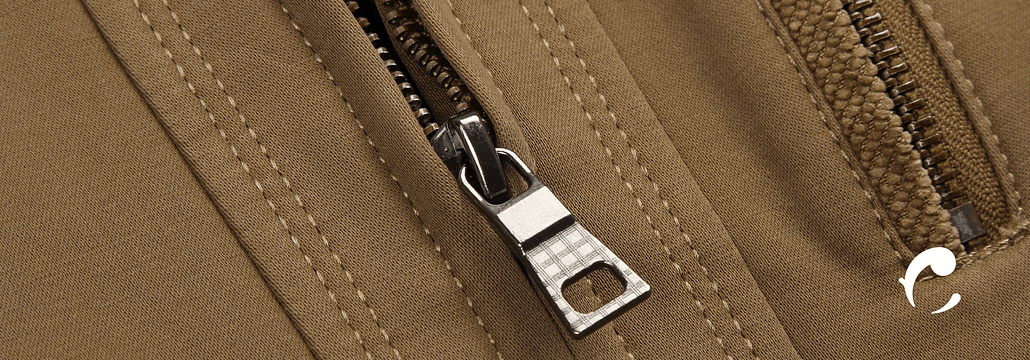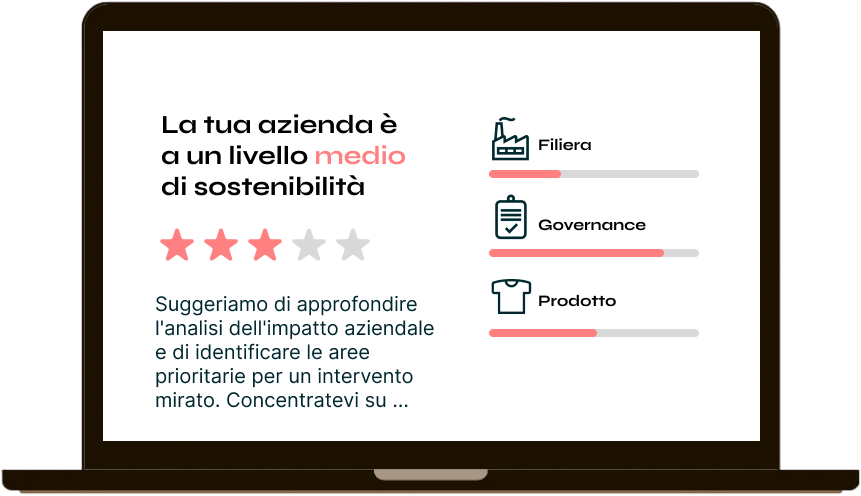OEKO-TEX Standards: what are they and reasons to choose them
OEKO-TEX® is a global, standardized, and independent certification system for raw materials, semi-finished and finished products in the textile sector at every level of processing – as well as for the accessory materials used. OEKO-TEX guarantees that certified products comply with strict limit values for harmful substances, thus certifying that they are not present in critical concentrations for humans. In many cases, the limit values for the various OEKO-TEX certifications go beyond national and international requirements. More and more companies are adopting them: in the last fiscal year, despite the pandemic, the body has issued a total of 24,205 certificates, an increase of 13%.
What are the main OEKO-TEX standards
Currently, there are six OEKO-TEX certifications. STANDARD 100 and LEATHER STANDARD certify that the product does not contain residues of substances harmful to humans following an RSL (Restricted Substances List). The limitations are more stringent the more intense the contact of a product with the skin to effectively protect consumer’s health. DETOX TO ZERO and ECO PASSPORT instead follow an MRSL (Manufacturers Restricted Substances List), a list of substances prohibited for use during production processes. Both have the main objective of monitoring and reducing the environmental impact, promoting cleaner outputs. STeP and MADE IN GREEN also offer guarantees concerning social responsibility – for facilities the former and for products the latter.
STANDARD 100
It was the first standard created. It certifies that every component of the article, i.e. every thread, button, and other accessories, has been tested for harmful substances and that the article, therefore, is harmless for human health.
LEATHER STANDARD
It is the declination for leather goods, at all processing levels, from semi-finished to finished items except for exotic or protected animal skin. It indicates that the labeled item has successfully passed the test for chemicals harmful to human health.
DETOX TO ZERO
DETOX TO ZERO is based on the DETOX campaign launched by Greenpeace in 2011 (which we have mentioned here) and aims to exclude dangerous chemicals from textile production, in compliance with the MRSL by Greenpeace, with particular attention to the environmental performance.
ECO PASSPORT
It is the standard for manufacturers of chemicals used in textiles. It guarantees that the chemical product on which it is affixed can be used in the context of a sustainable textile supply chain – as it does not use substances that are harmful to humans and the environment during the process.
STeP
Acronym of Sustainable Textile & Leather Production, this certification concerns the textile and tanning production facilities, expressing a complete assessment of the production conditions. In fact, STeP analyzes the following areas:
- Chemical management
- Performance and environmental management
- Social responsability
- Quality management
- Protection of health and safety at work
Also, STeP guarantees compliance with other standards including, for instance, DETOX TO ZERO itself but also ISO 14001, SA 8000, BSCI, ISO 9001 – which can therefore be simultaneously integrated.
MADE IN GREEN
The MADE IN GREEN label verifies that an item has been tested against harmful chemicals through STANDARD 100 or LEATHER STANDARD. Besides, it ensures that the product has been made with sustainable processes in environmentally friendly facilities and with safe working conditions. This is done through STeP certification, which is the prerequisite for MADE IN GREEN. Items labeled with MADE IN GREEN can be tracked with an ID or QR code.

OEKO-TEX standards’ advantages
- Communication allies
OEKO-TEX standards can be a communication tool. They allow companies to transparently document their commitment to ensuring safe products throughout the textile chain, right up to the end consumers. That is particularly important regarding children, as states OVS which has adopted the STANDARD 100. The QR code of MADE IN GREEN, in particular, represents a powerful tool to inform consumers interactively, helping them to become actors of sustainable change. Perhaps also for this reason the certification had a growth boom of 115% only in the last fiscal year, in the wake of what is a trend increasingly adopted by big brands. - Visibility
All companies that have their own certified fabrics or materials have the opportunity to present their portfolio in the OEKO-TEX database. With an average of roughly 5,000 visits per day and visitors from more than 200 countries around the world, the OEKO-TEX website can represent an advertising platform that receives international attention. - STeP and MADE IN GREEN: a complete guarantee
STep and MADE IN GREEN are available for all production stages of the textile supply chain, to promote efficiency and reduce the impact. They, therefore, guarantee not only the non-toxicity of the products but also compliance with high environmental standards and worker protection. - ECO PASSPORT: ZDHC compliant
ECO PASSPORT can be obtained in three different levels, each of which is recognized by ZDHC. The self-assessment with facility visit leads to an “MRSL Level 3 Compliance Indicator”, currently the highest compliance level. Completing the screening and verification leads to compliance level 1. Performing the self-assessment without the site visit ultimately leads to compliance level 2. For companies that therefore adopt one of these standards, this, therefore, means being already compliant with the ZDHC.
Why a certification is not enough: beyond the OEKO-TEX standards
The OEKO-TEX standards are an effective response to some of the most critical problems that affect the fashion industry concerning processes and products. However, they do not solve all the challenges that arise along the value chain. For instance, they do not guarantee a reduction in the impact on the cultivation and production of the raw material – phases that alone account for around 38% of the sector’s emissions. To achieve realistic goals, a company needs an overall picture of the issues related to sustainability. Cikis supports fashion companies in this path, creating tailor-made sustainability strategies that take into account companies’ needs. We operate through the Cikis Sustainability Assessment analyzing the collections, the internal operations’ sustainability performance, and that of all national and foreign suppliers through questionnaires and verifying the related documentation.
Do you want to carry out a Sustainability consultancy for your company?
Get articles like this and the latest updates on sustainable fashion automatically!
